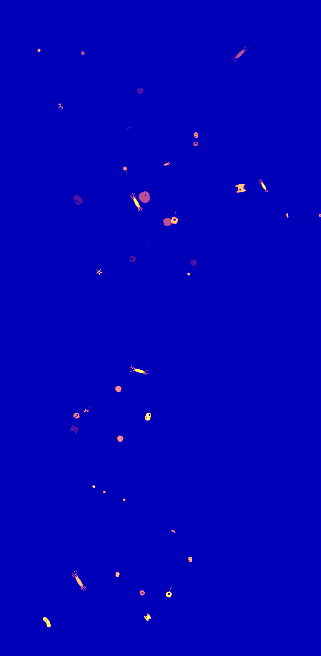New carbon cycle discovered
 Scientists have discovered an immense, but hitherto unknown, hydrocarbon cycling system in the world’s oceans.
Scientists have discovered an immense, but hitherto unknown, hydrocarbon cycling system in the world’s oceans.
Researchers have uncovered an entirely new cycle of natural hydrocarbon emissions and recycling that is driven by a diverse range of tiny organisms.
“Just two types of marine cyanobacteria are adding up to 500 times more hydrocarbons to the ocean per year than the sum of all other types of petroleum inputs to the ocean, including natural oil seeps, oil spills, fuel dumping and run-off from land,” says Earth scientist Connor Love from the University of California, Santa Barbara (UCSB).
But unlike the seepage and runoff of fuels, this new system works in a cyclical way.
“Hydrocarbons, primarily in the form of pentadecane (nC15), are found on about 40 per cent of Earth's surface, and serve as food for microbes.
The scientists say the hydrocarbons are being constantly cycled in such a way that only around 2 million metric tonnes are present in the water at any one time.
“Every two days you produce and consume all the pentadecane in the ocean,” Dr Love explained.
The research team went to some serious lengths to differentiate the new source of hydrocarbons from human sources.
They undertook a study in the nutrient-poor North Atlantic subtropical waters, on a ship positioned to face the wind, so the diesel fuel containing pentadecane did not contaminate the seven study sites.
Also, no one on board was permitted to cook, smoke or paint on deck during collections.
The team was able to obtain extremely pure samples, in which they found concentrations of pentadecane increased with greater abundance of cyanobacteria cells. Additionally, they showed that the hydrocarbon's geographic and vertical distribution were consistent with these microbe's ecology.
The findings suggest the cyanobacteria are indeed the source of the biological pentadecane, which is consumed by other microorganisms to produce carbon dioxide that the cyanobacteria use to continue the cycle.
More details are accessible here.








 Print
Print